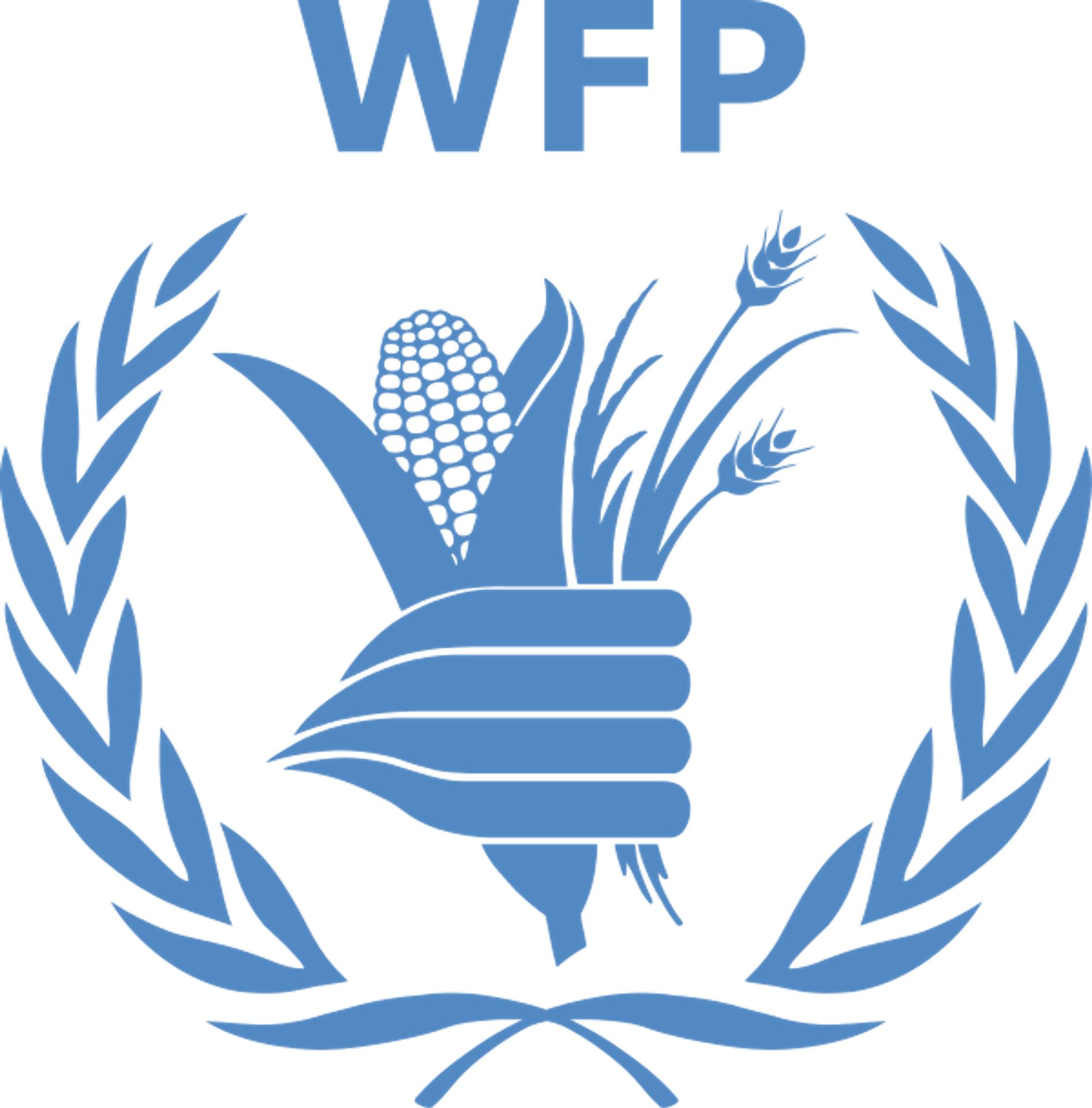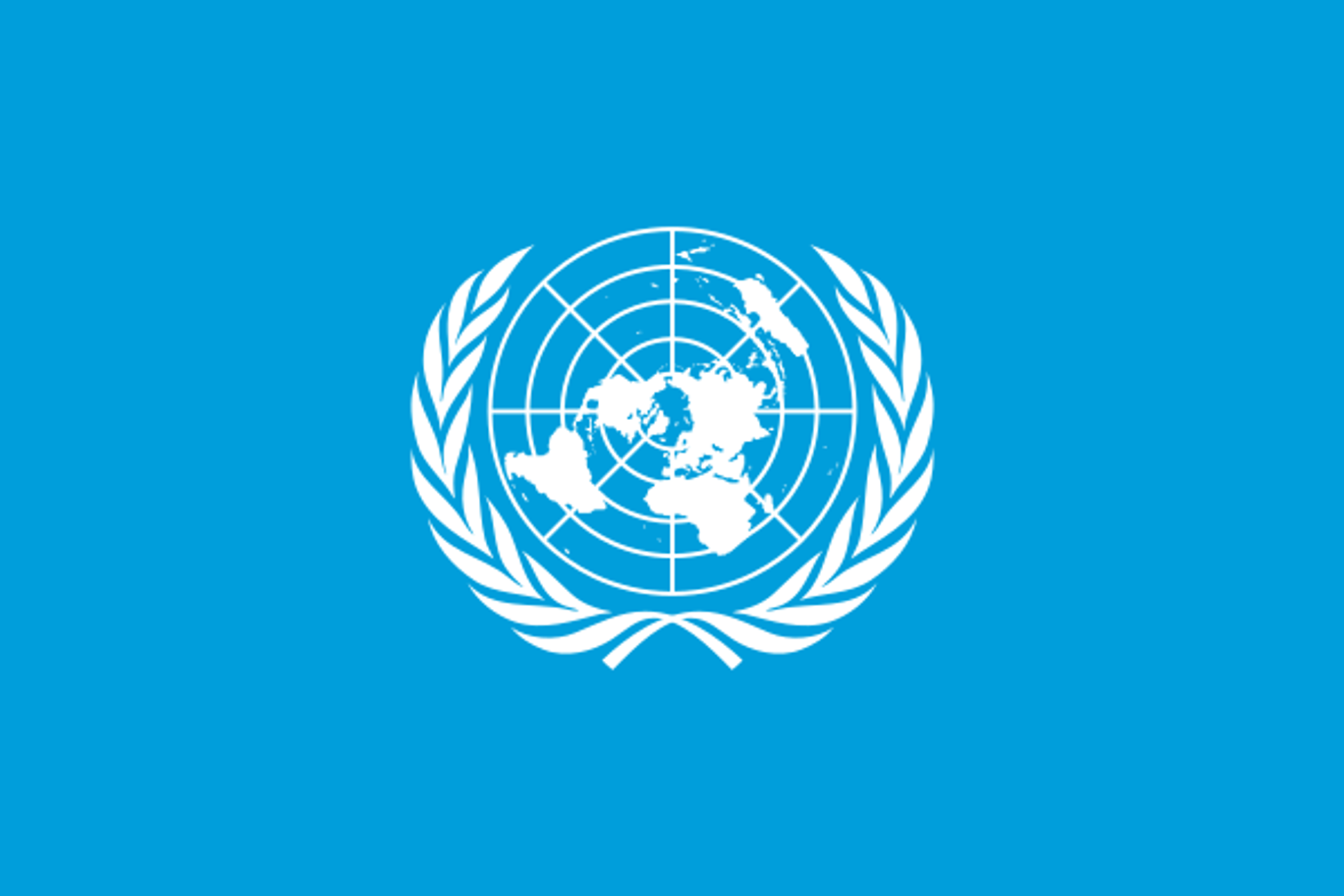
World Food Programme
What do people say about World Food Programme?
The World Food Programme (WFP) is perceived in Sweden as a large, cumbersome organization that fails to address the root causes of hunger effectively. Many Swedes express skepticism about the efficiency and impact of WFP's operations, viewing it as lost in bureaucratic processes. While there is acknowledgment of its vast scale and the number of people it assists, this is often overshadowed by criticisms of its effectiveness and transparency. The perception is that WFP's initiatives may be more about maintaining appearances than making substantial, meaningful change in the fight against hunger.
Where are the conversations happening?
Critical discussions about the WFP in Sweden primarily occur in news outlets and social media, where the focus is on the organization's perceived inefficiencies. Swedish media often highlight stories of hunger and poverty, contrasting them with the WFP's bureaucratic challenges, leading to a perception of disconnect. Sources such as local news platforms and social forums are particularly vocal in their criticism, questioning how aid is distributed and whether it reaches those truly in need.
What are the topics trending around World Food Programme?
Discussions around food security, humanitarian aid effectiveness, and global hunger trends are emerging, particularly in light of recent crises affecting food supply chains.
Why are these topics trending?
These topics are trending as they directly relate to Sweden's role in global humanitarian efforts and the effectiveness of organizations like the WFP in addressing pressing issues.
How is World Food Programme being talked about?
Detailed breakdown of public sentiment and conversations about this entity.
Impact vs Sentiment
See how each entity's high impact percentage relates to their positive sentiment percentage from actual mentions.




